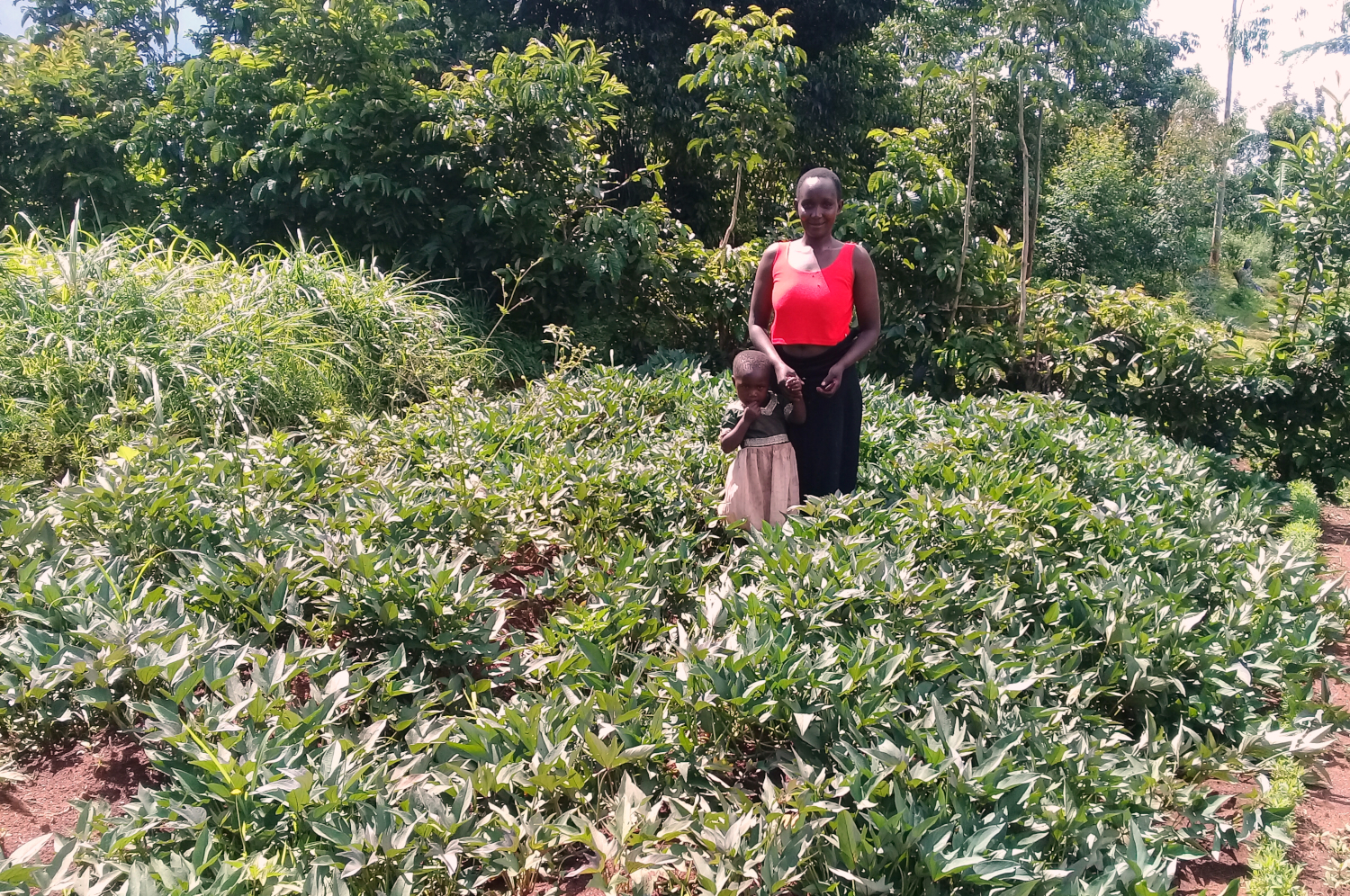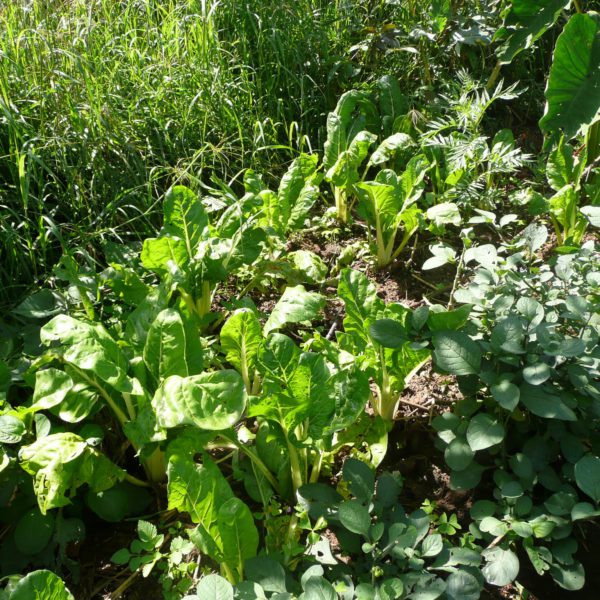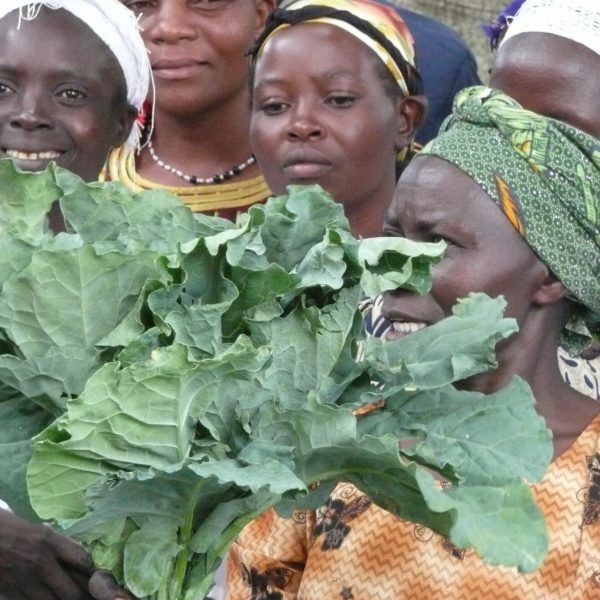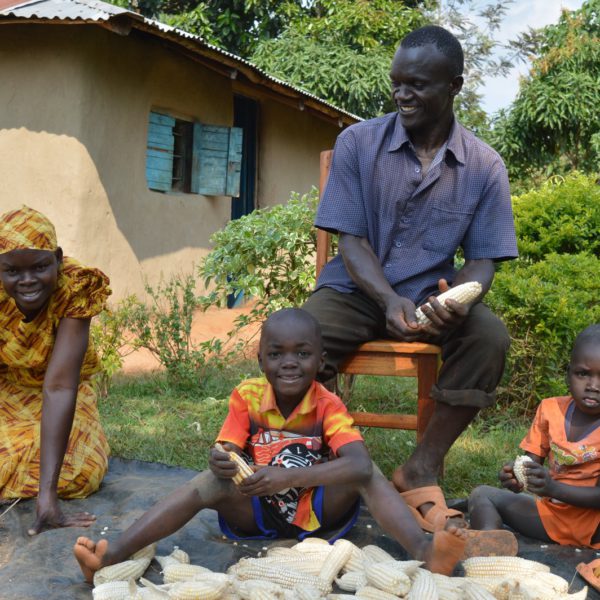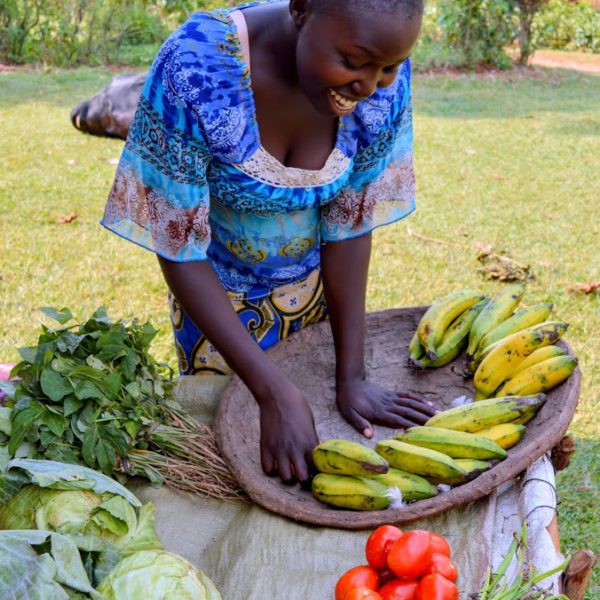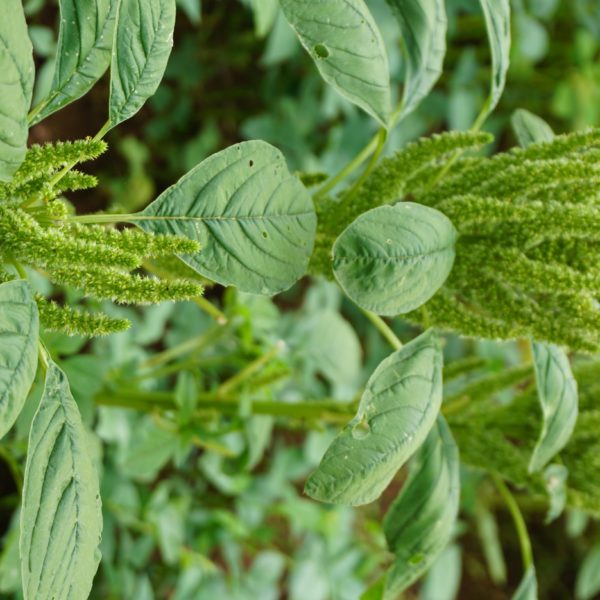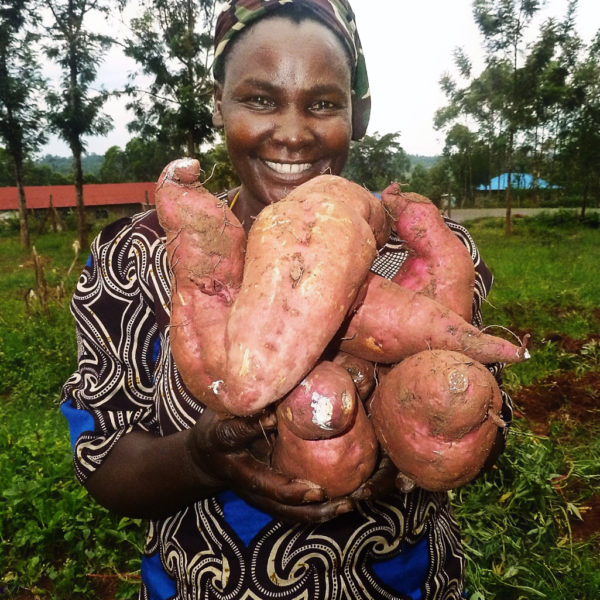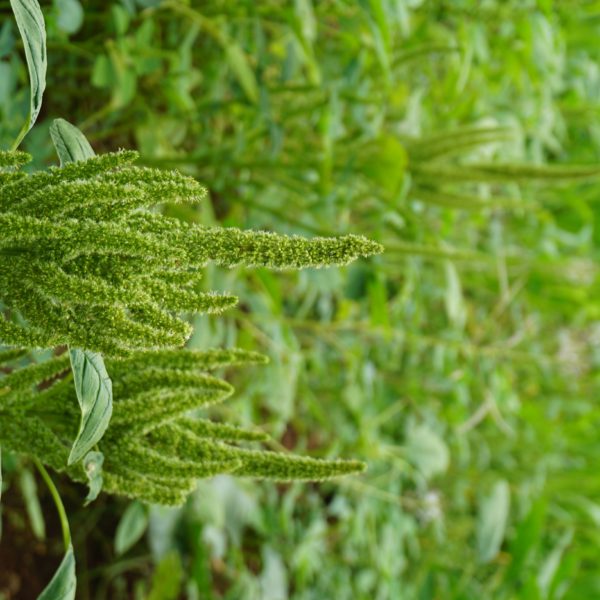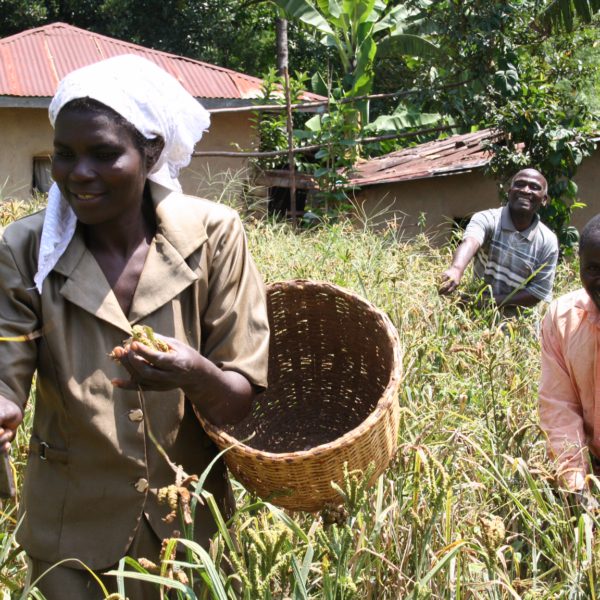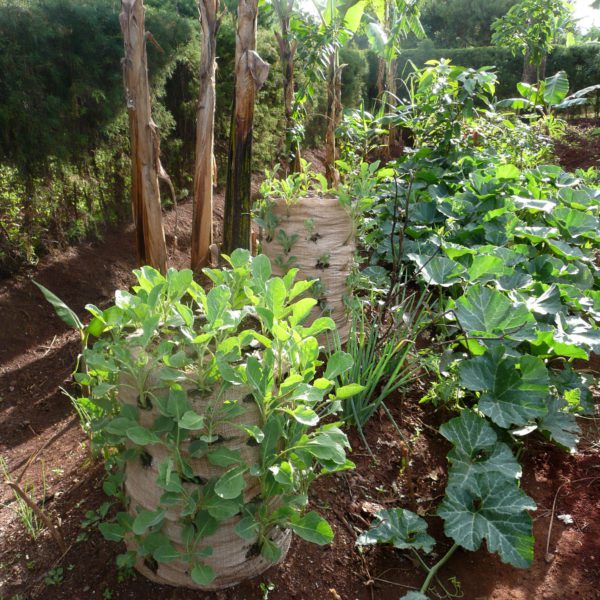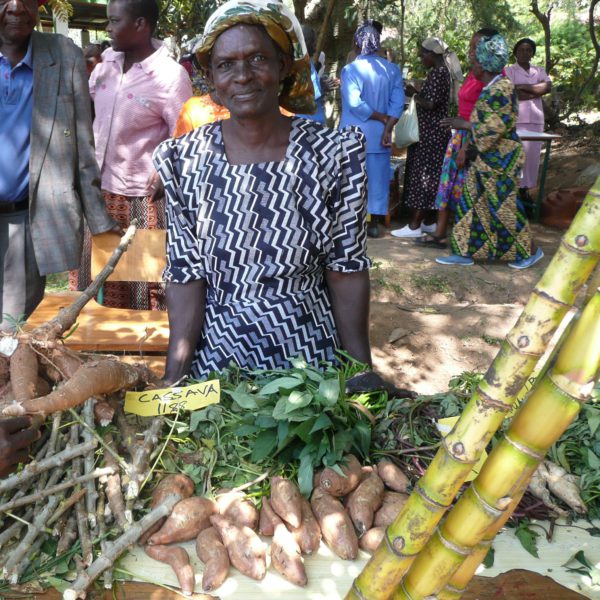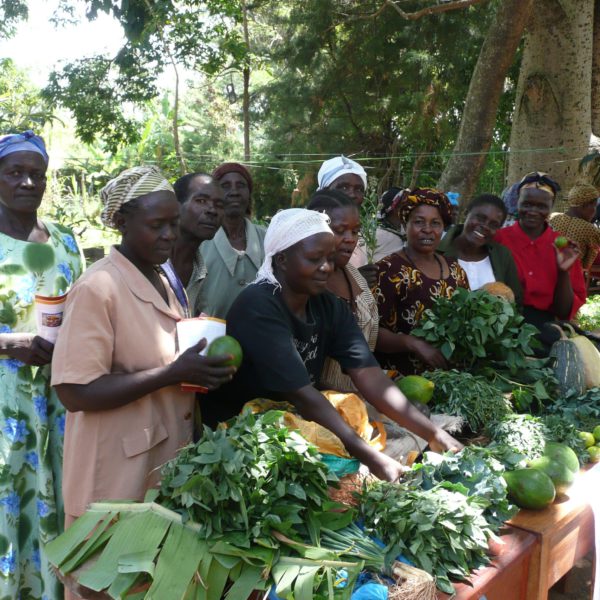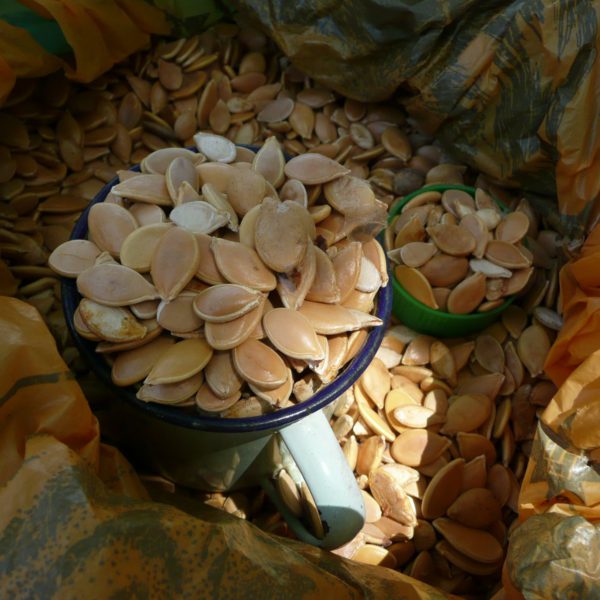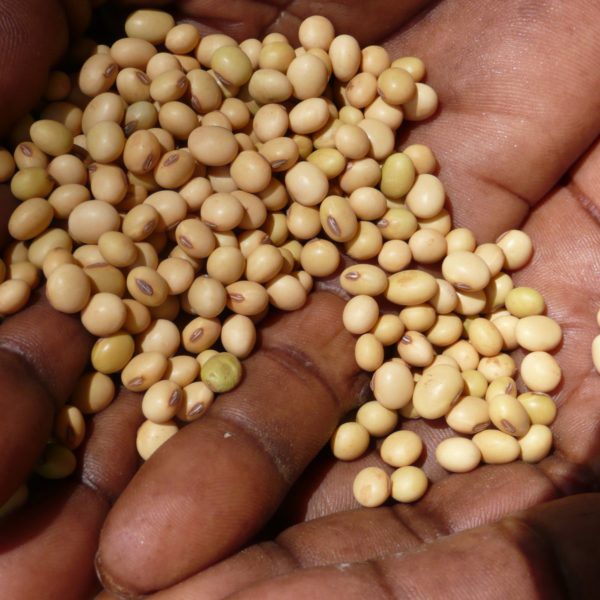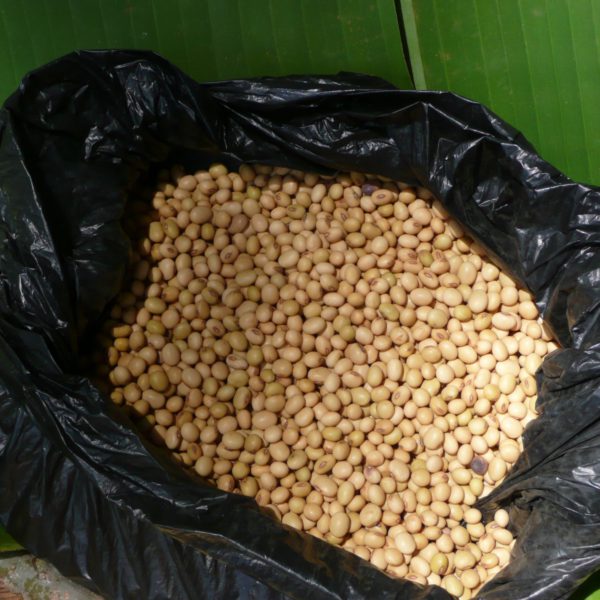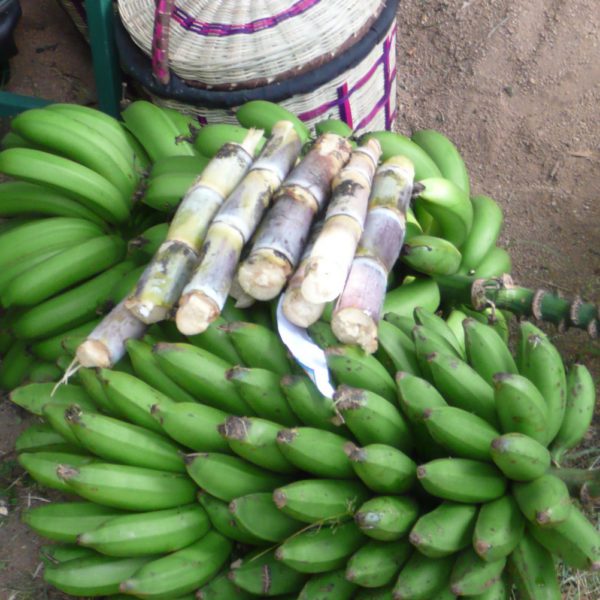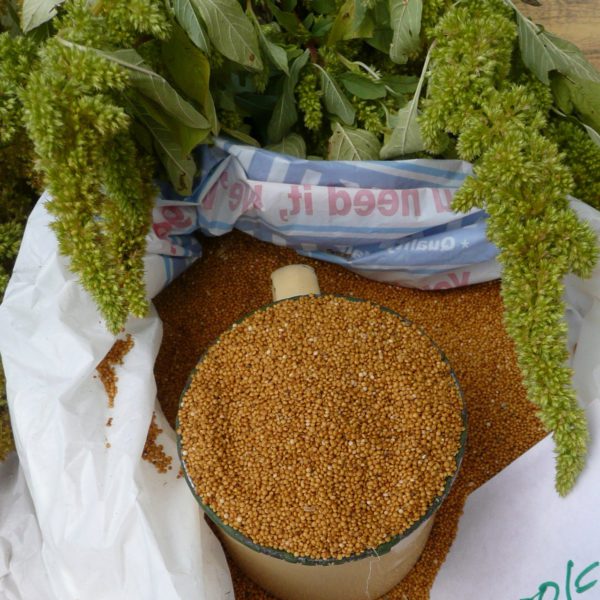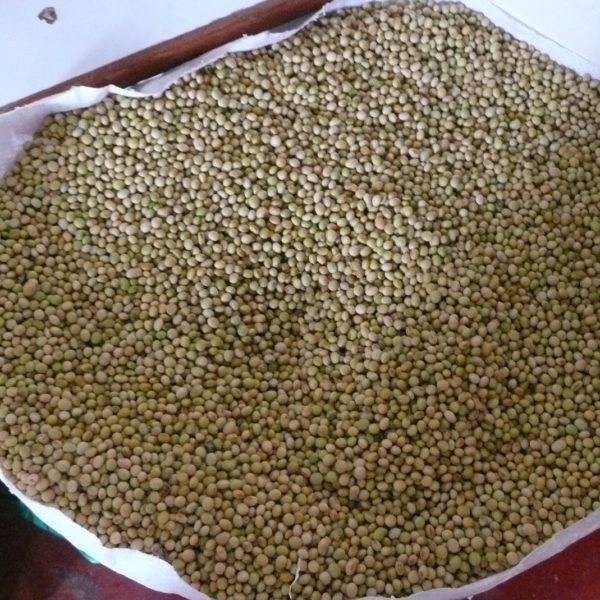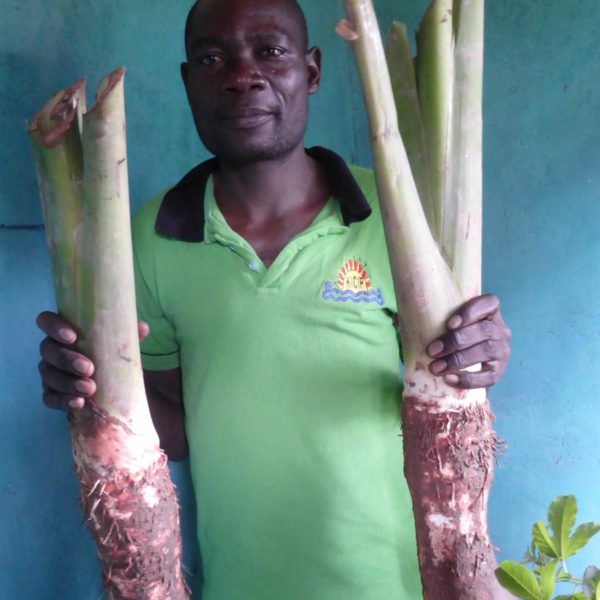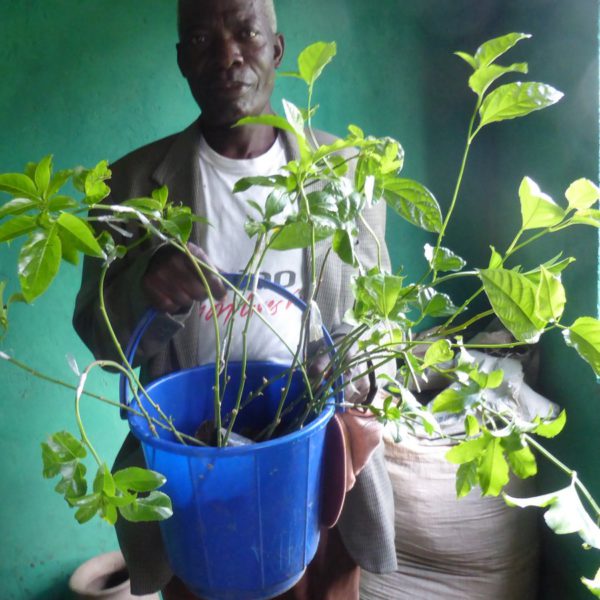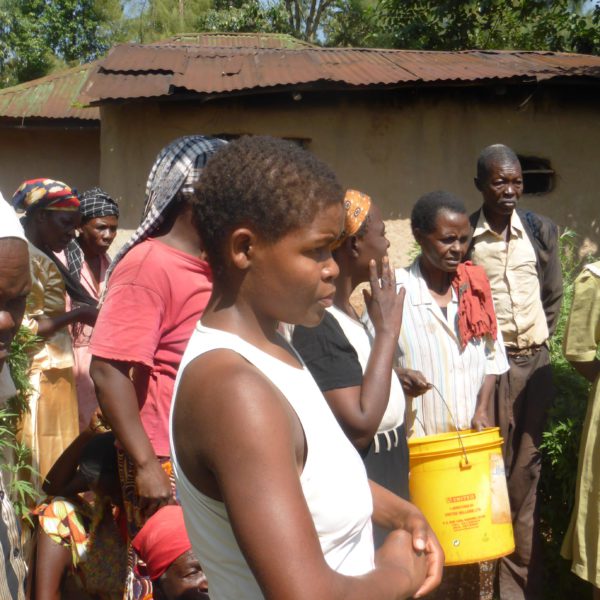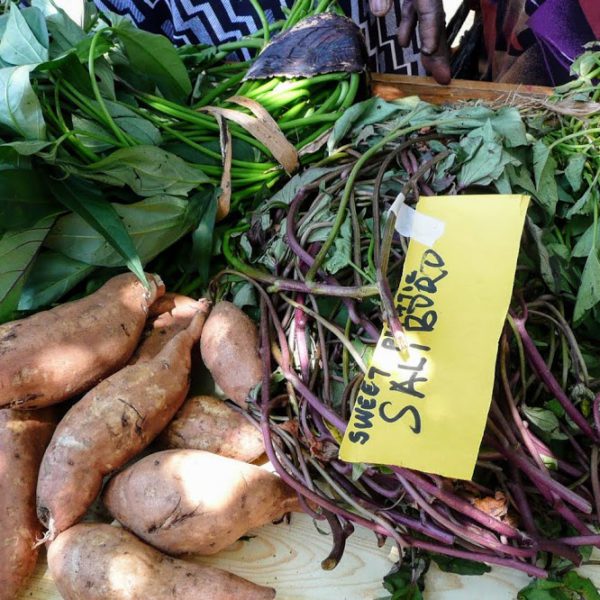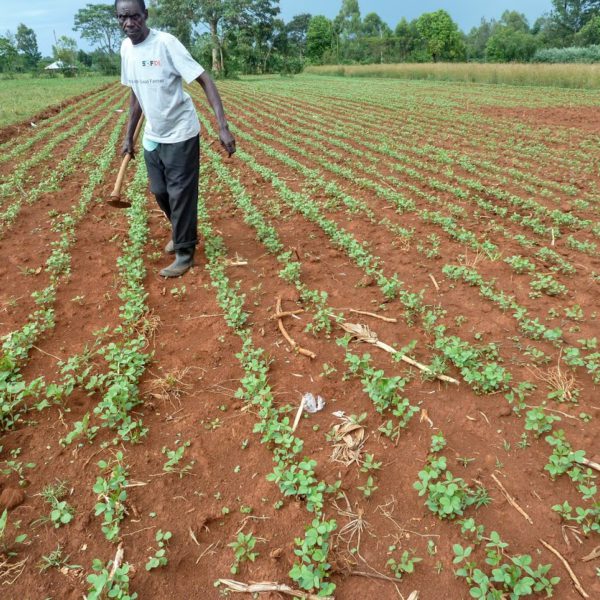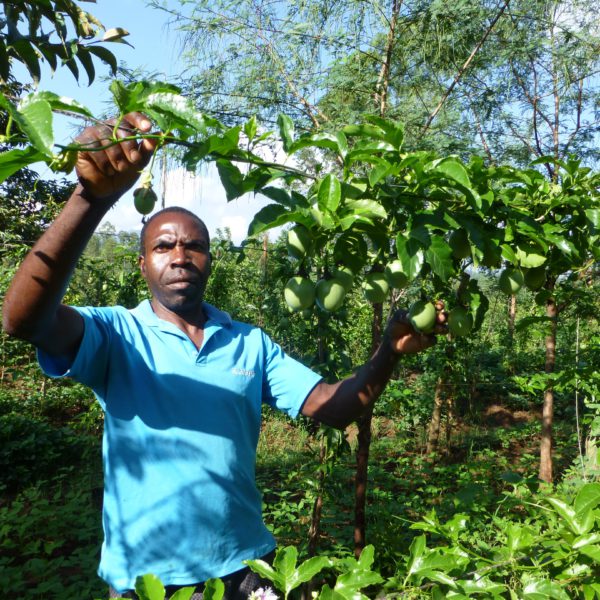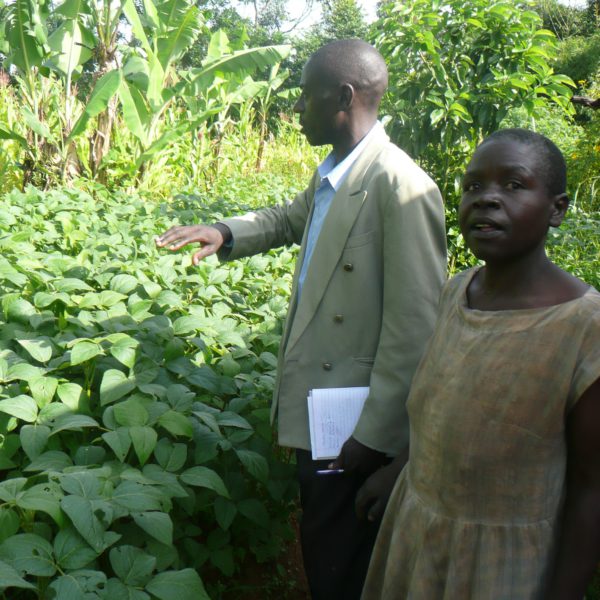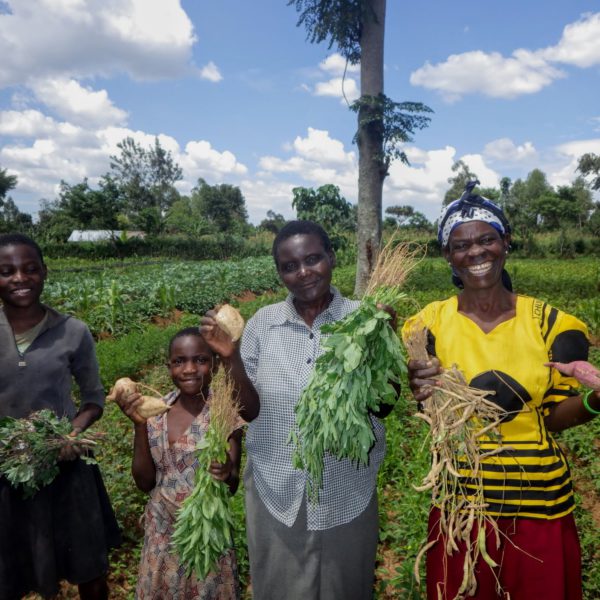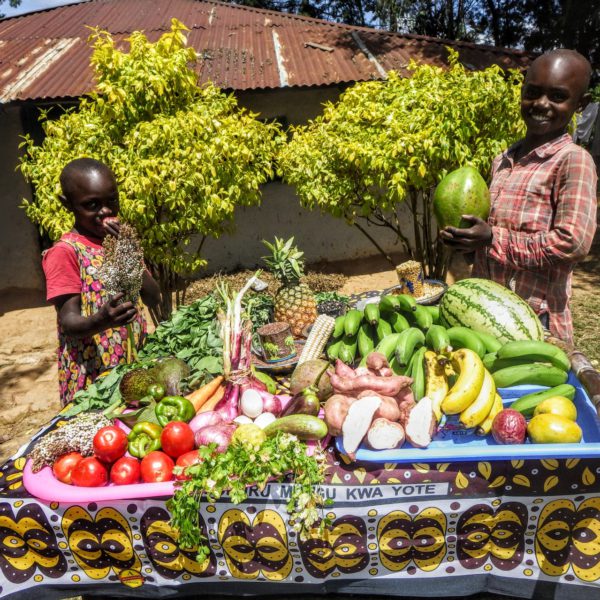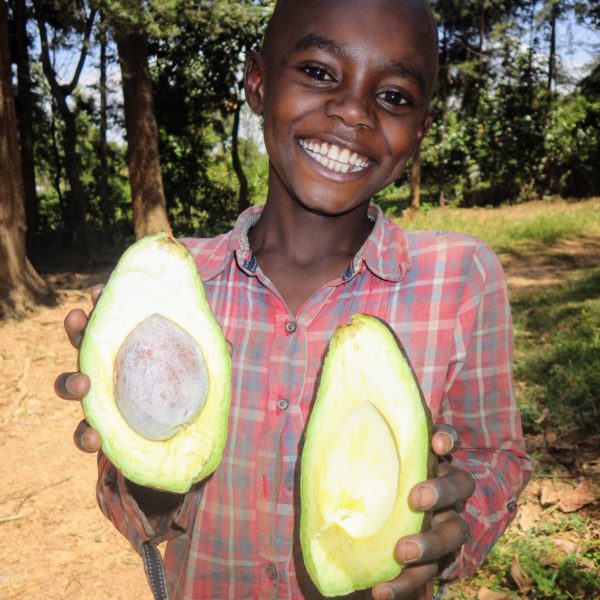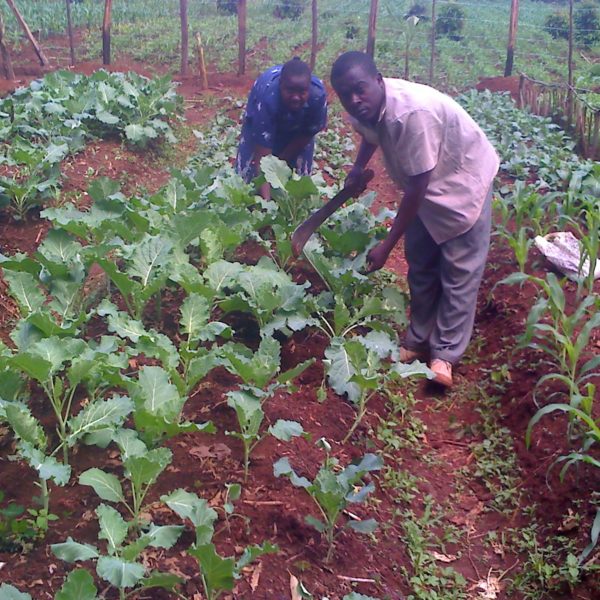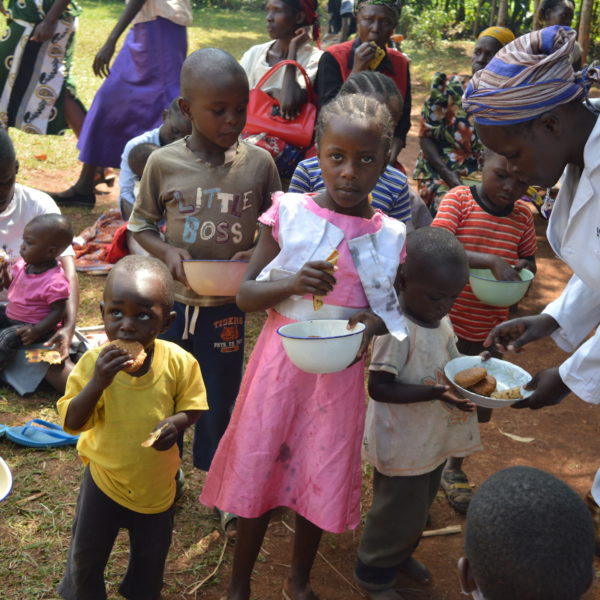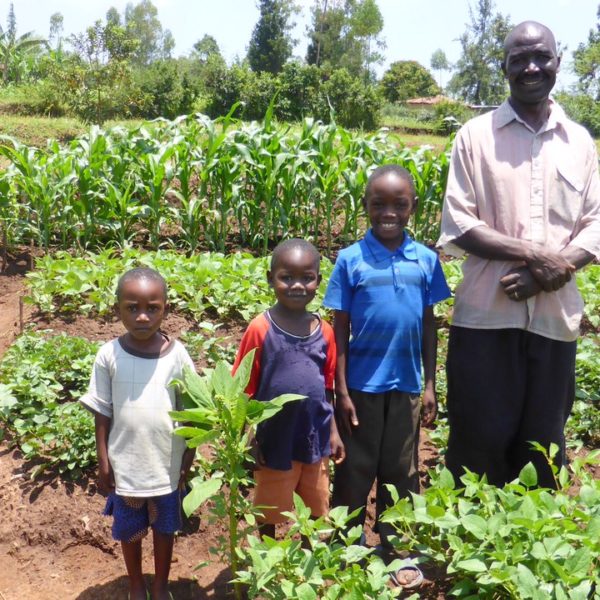THE CHALLENGE
A lack of sufficient and healthy food is a prevalent problem for most smallholder farmers in many rural areas. Focusing on increasing the productivity of the staple food crop by handing out maize seeds and fertilizer, together with a few hours of planting instructions and fertilizer application techniques, does not ensure nutritional quality or sustainability. And neither does giving out the same on a micro-credit basis, repayable after the first harvest, as both methods don’t encourage behavioral changes. In fact, there simply isn’t a quick fix to address malnutrition and stunting in resource-deprived farmers sustainably. Too many NGOs have failed and continue to fail with such misguided approaches.
OUR APPROACH
Based on our proven holistic approach, we bridge the missing link between improved agronomic techniques and nutrition. We promote a sufficient variety of improved crops, animal husbandry and nutritional education to make healthy food readily available to the families of subsistence farmers. In addition, we also focus on school children in order to raise nutritional awareness among the young and to change their eating habits at an early age.
Our innovative interventions are interconnected in order to disseminate knowledge, attitudes and practices on nutrition and agriculture so as to reduce the prevalence of hunger, stunting and micronutrient deficiencies.
We don’t do this by simply promoting carbohydrate-rich foods or delivering vitamin capsules. Rather, we focus on agricultural biodiversity, which allows us to make significant contributions to improved food security and optimal nutrition, which in turn leads to good health for a productive and dignified life.
We make lots of effort and spend a lot of time teaching our farmers and schoolchildren a variety of agronomic techniques which are adapted to the local ecological conditions in order to sustainably improve their production. Our qualified agriculturists disseminate the knowledge needed.
Our trained nutritionists are equally qualified to spread nutritional knowledge. In addition, we have a hardworking team of volunteer farmers trained to demonstrate how to prepare food with high nutritional value for a diet rich in protein, vitamins and micronutrients both in the field and in schools.
Our training and interventions include:
- Nutritional education
- Various agronomic techniques to mitigate climate change, improve soil health, prevent erosion, improve biodiversity, reduce time of hard labor on farms and protect the environment
- Agroforestry
- Soil testing facility
- African Leafy Vegetables (ALVs)
- Access to traditional high-value crops
- Animal husbandry for access to proteins and improved soil
- Behavioral changes through cooking workshops
- Access to farm inputs in cases of extremely depleted soils
- Intensive extension services by our qualified staff and our 300+ trained volunteers over a long period for a lasting effect.
- Links to services through our close cooperation with the county governments and research institutes
Further reading:
http://www.observer.ug/viewpoint/46256-crop-diversity-is-crucial-for-africa-s-agriculture
http://www.bbc.com/news/science-environment-26382067
CROP DIVERSITY – central to food security
CHALLENGE
In most African countries crop diversity has declined over the years, with a large segment of the population depending on a limited variety of food crops such as maize, rice and wheat. Apart from the negative effects on health due to an impoverished diet, this also makes the farming systems more vulnerable. Crop resilience suffers during severe droughts and floods, which pose an increasingly big threat due to climate change causing erratic weather patterns.
OUR APPROACH
Crop diversity not only substantially enriches diets by providing vitamins, micronutrients and proteins, but has also multiple other positive effects, such as greatly improving soil health, providing improved animal feed and acting as a water retainer.

